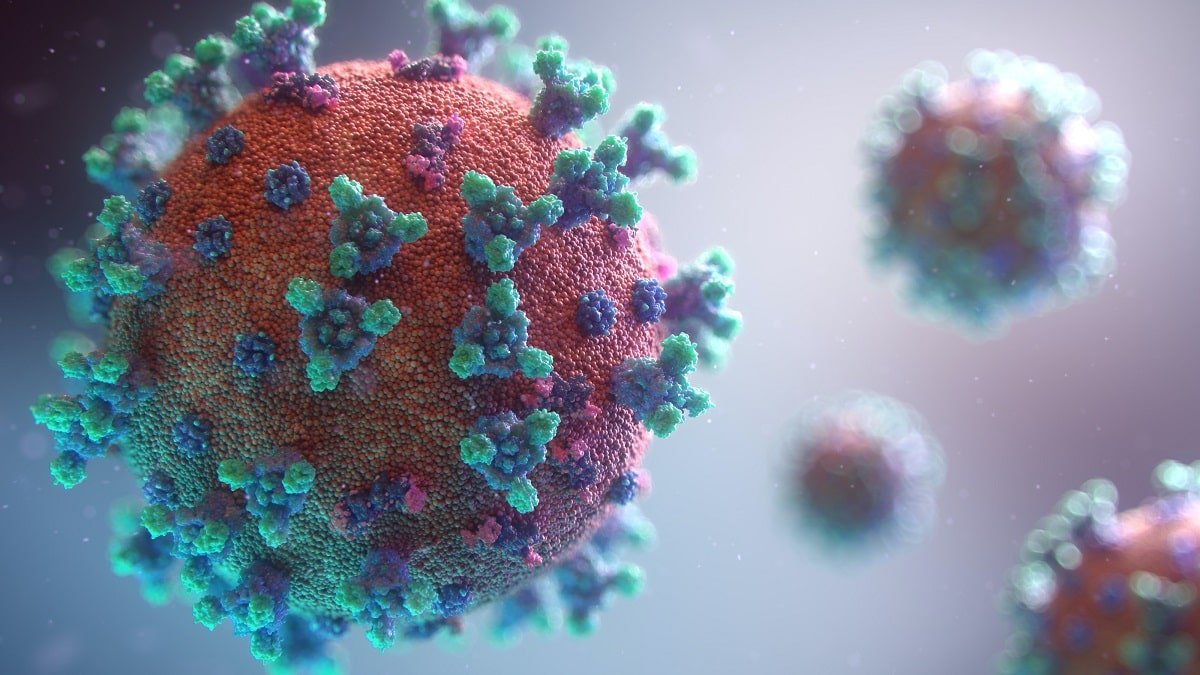Increased Filtration and Ventilation is Recommended Strategy in the Fight Against COVID-19
Photo credit: Fusion Medical Animation
How Does COVID-19 Primarily Spread?
Studies show the most common way the Coronavirus spreads is from one individual to the next via respiratory droplets emitted when an infected person coughs, talks or sneezes. Those particulates can be inhaled by others in proximity, and some of the finer nanoparticles can remain suspended in the air up to several hours. Thus taking proactive steps to implement effective clean air solutions is essential in combatting highly-contagious airborne diseases.
What are Some Prevention Measures against COVID-19?
During the pandemic's early days, surface cleaning was the generally-accepted method of prevention, which ultimately led to "hygiene theater," an excess of germicidal chemicals being sprayed onto tables, keyboards, and desks. Now, fomite (surface) exposure has been found to have a lower risk with a less than 1 in 10,000 chance of contracting the virus. Findings of a recent Bucknell University study advocates for HEPA filtration, masks, and improved ventilation citing overuse of chemical cleaners "may have a detrimental impact on respiratory health" warranting "extreme caution."
Consider these key findings that reinforce improved air quality as an essential mitigation strategy utilizing proven medical-grade in-space HEPA air purifiers, like ISO-Aire commercial models.
Both CDC and ASHRAE support improved building ventilation with in-space HEPA air cleaners:
In June, the CDC recommended: Use portable high-efficiency particulate air (HEPA) fan/filtration systems to enhance air cleaning;
And, the ASHRAE Epidemic Task Force outlines its core recommendations for reducing the spread of COVID-19 by selecting standalone filters and air cleaners that provide desired exposure reduction. Here ASHRAE explains the recommendation: High-efficiency particulate air (HEPA) filters are even more efficient at filtering human-generated infectious aerosols....HEPA filters are more than 99.97% efficient at capturing airborne viral particles associated with SARS-CoV-2.
Communities are advocating for safer indoor air. In Connecticut groups representing teachers, municipalities, families, and administrators are pressing state leaders to invest in IAQ upgrades.
The U.S. Department of Education is underscoring the importance of clean indoor air as a safe way to resume in-person learning and encouraging schools to utilize their rescue funding as a long-term investment in improved ventilation for students, teachers, and staff.
Lawrence Berkeley National Laboratory published findings underscoring the importance of proper room ventilation when air is mixed through an HVAC system. Their solution includes using portable air cleaners that pull contaminated air low and release purified air throughout a room, similar to ISO-Aire, noting "They take care of the mixing and then they also filter the air, so they have a double benefit."
Watch our informational recorded webinar on indoor air quality solutions tailored specifically for teachers, school facility managers and day care providers looking to protect their communities.
And, contact our experienced team of indoor air quality experts to help assess and calculate adequate filtration coverage, review pricing and determine installation timing.



